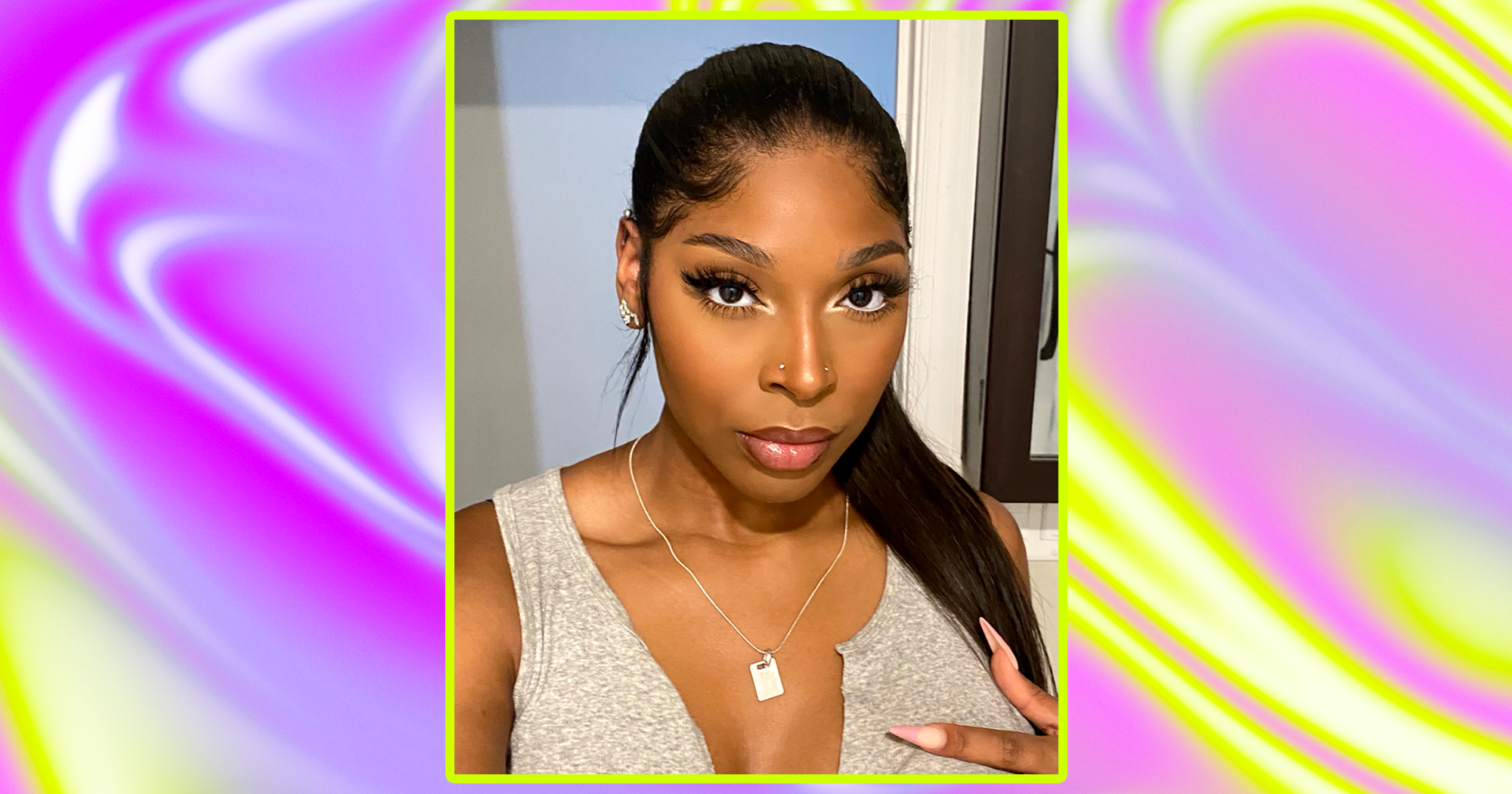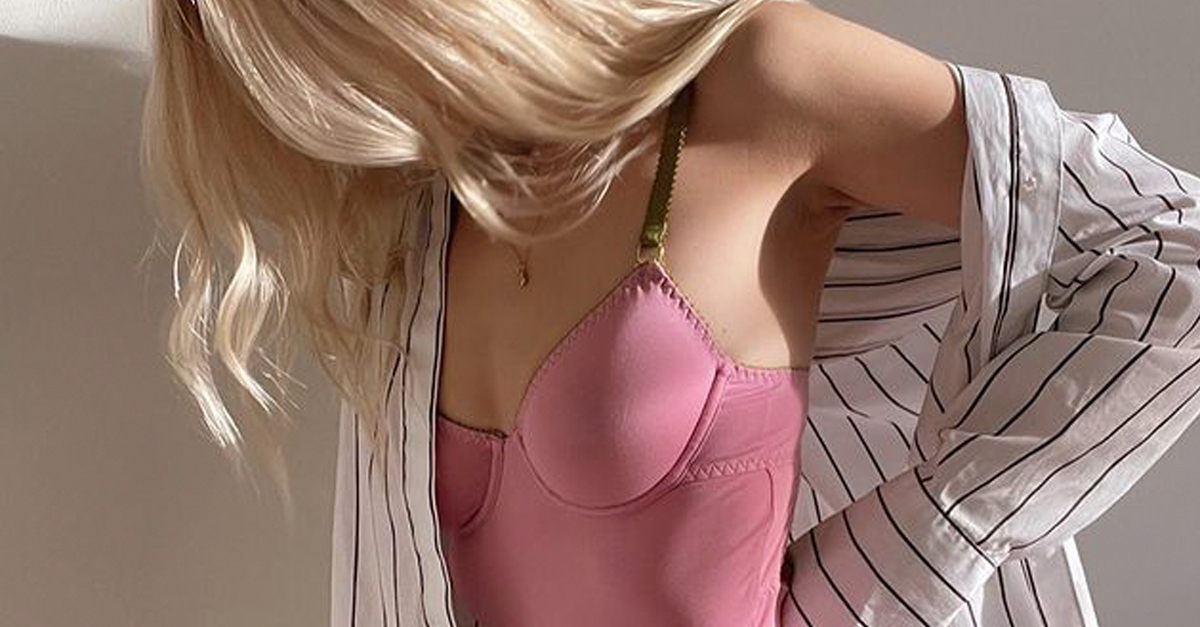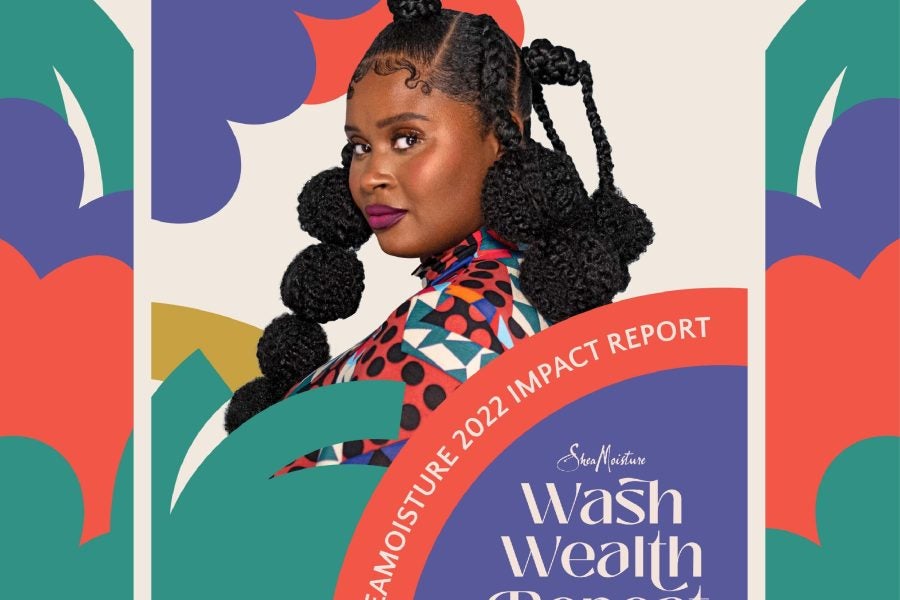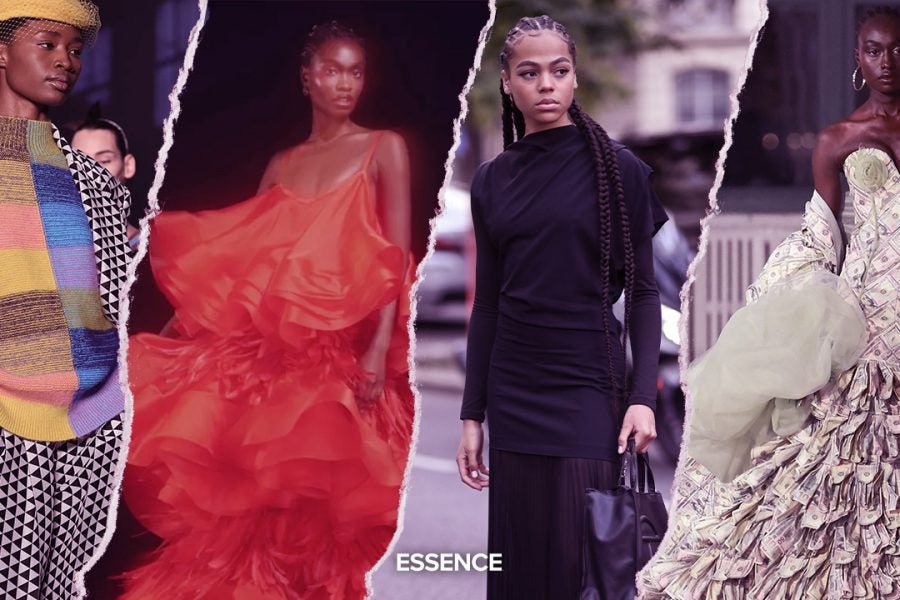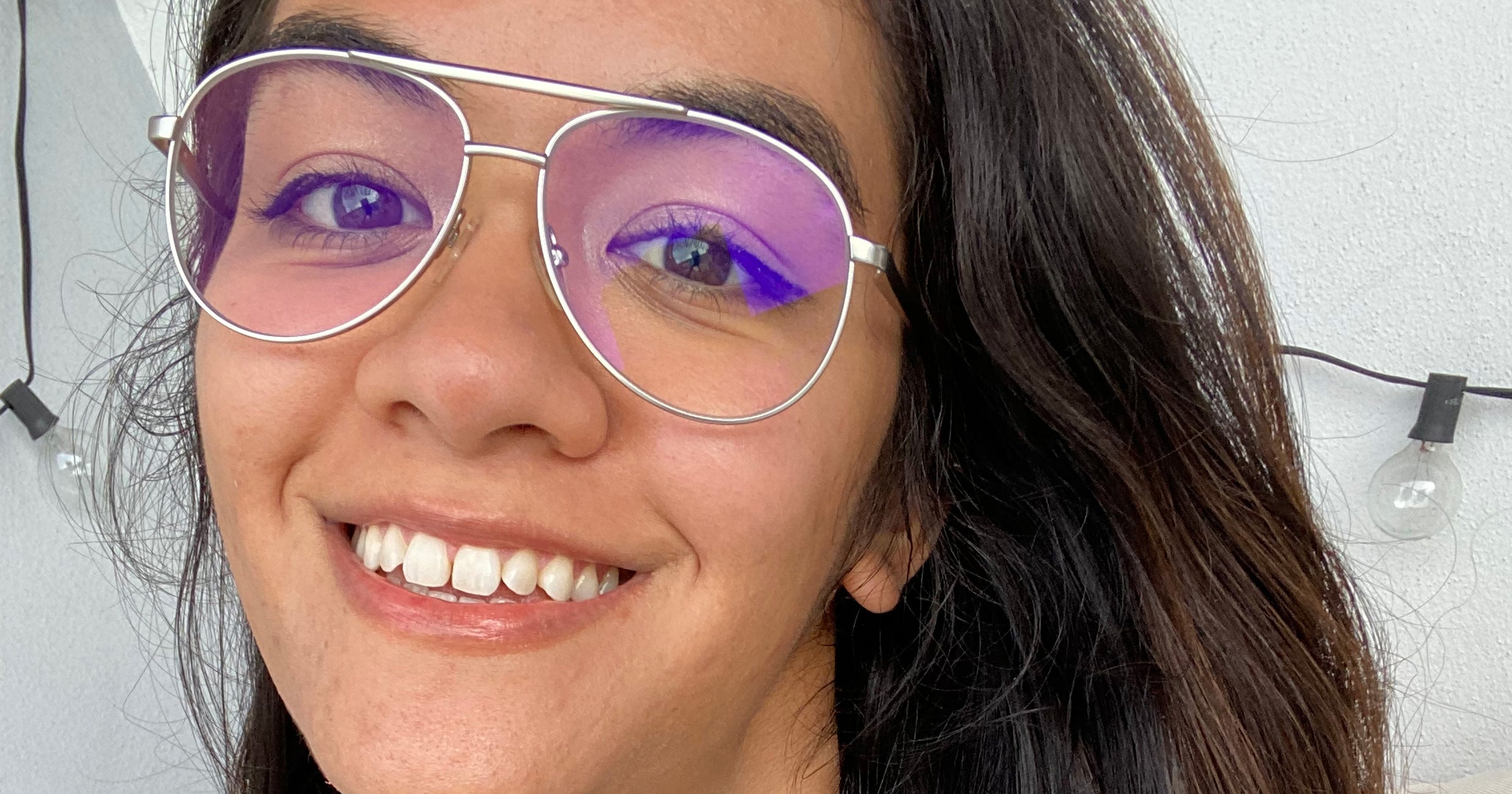
You’ve probably heard a lot about blue light-filtering glasses (and even skin-care products), and while some of it is legit — a lot of it should be taken with a grain of salt. According to my ophthalmologist boyfriend, he says while UV rays can affect your eye health (“everything from retinal issues, pterygiums, cancer…”), which is why you should ensure that your sunnies have UV protection. As far as blue light goes, we still have a long way to go until the effects are studied extensively enough to determine a causal impact on eye health. And while you don’t need to fear that your TikTok scrolling will eventually sear your eyeballs, there is sound science behind it affecting your circadian rhythm. “Blue light is a shorter wavelength of light, which means it’s higher energy,” he elaborates. “Blue light does show an increased response in cells that are sensitive to light, which sends signals to the brain, which is responsible for circadian rhythm.” (A good example of this is the Night Shift mode on the iPhone.) In terms of eye strain, you can blame binging Netflix for that; according to an NIH study, human adults blink roughly 12 times per minute; this number can be under five times a minute if you’re watching TV or completing a high-focus task.

